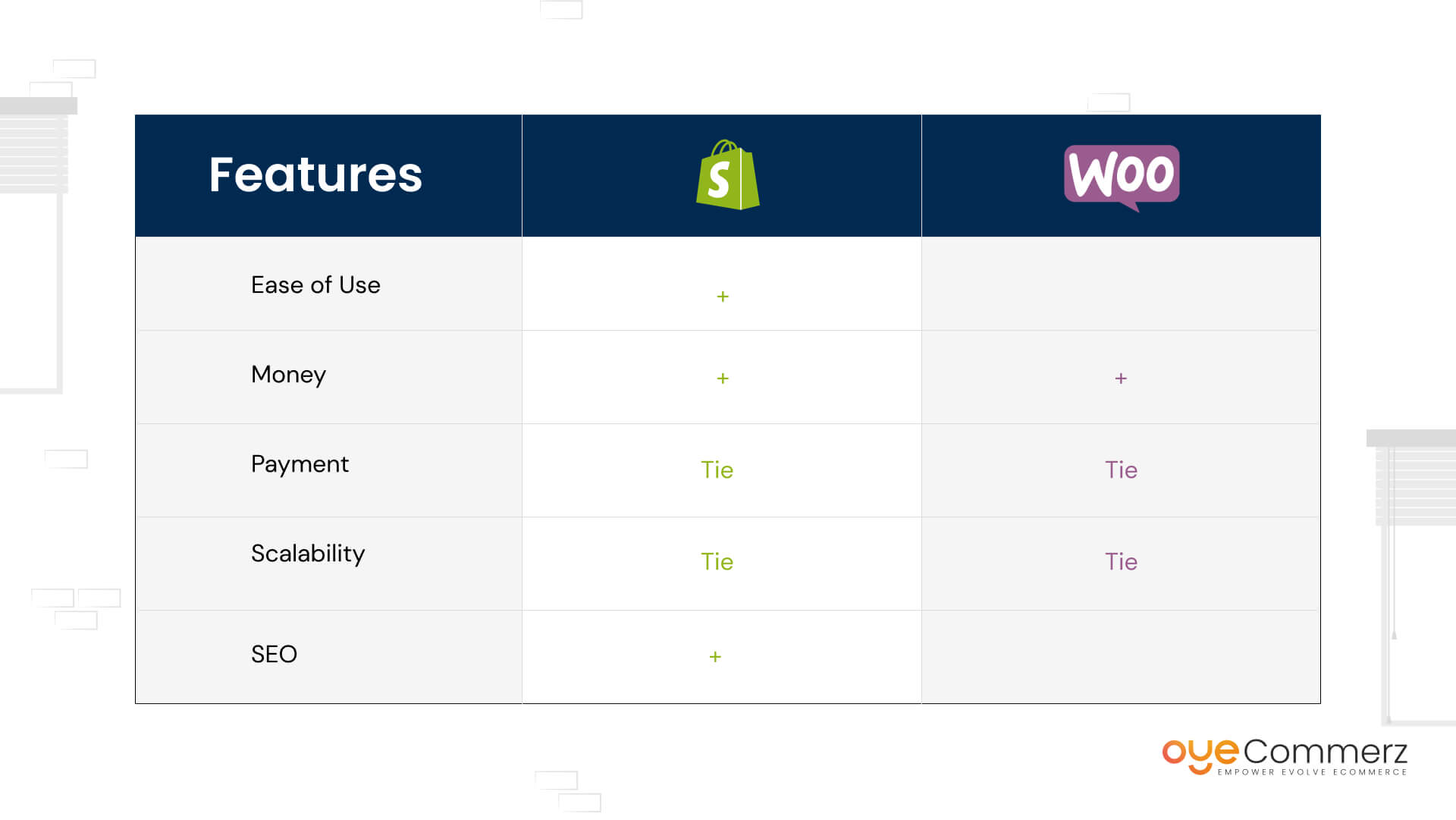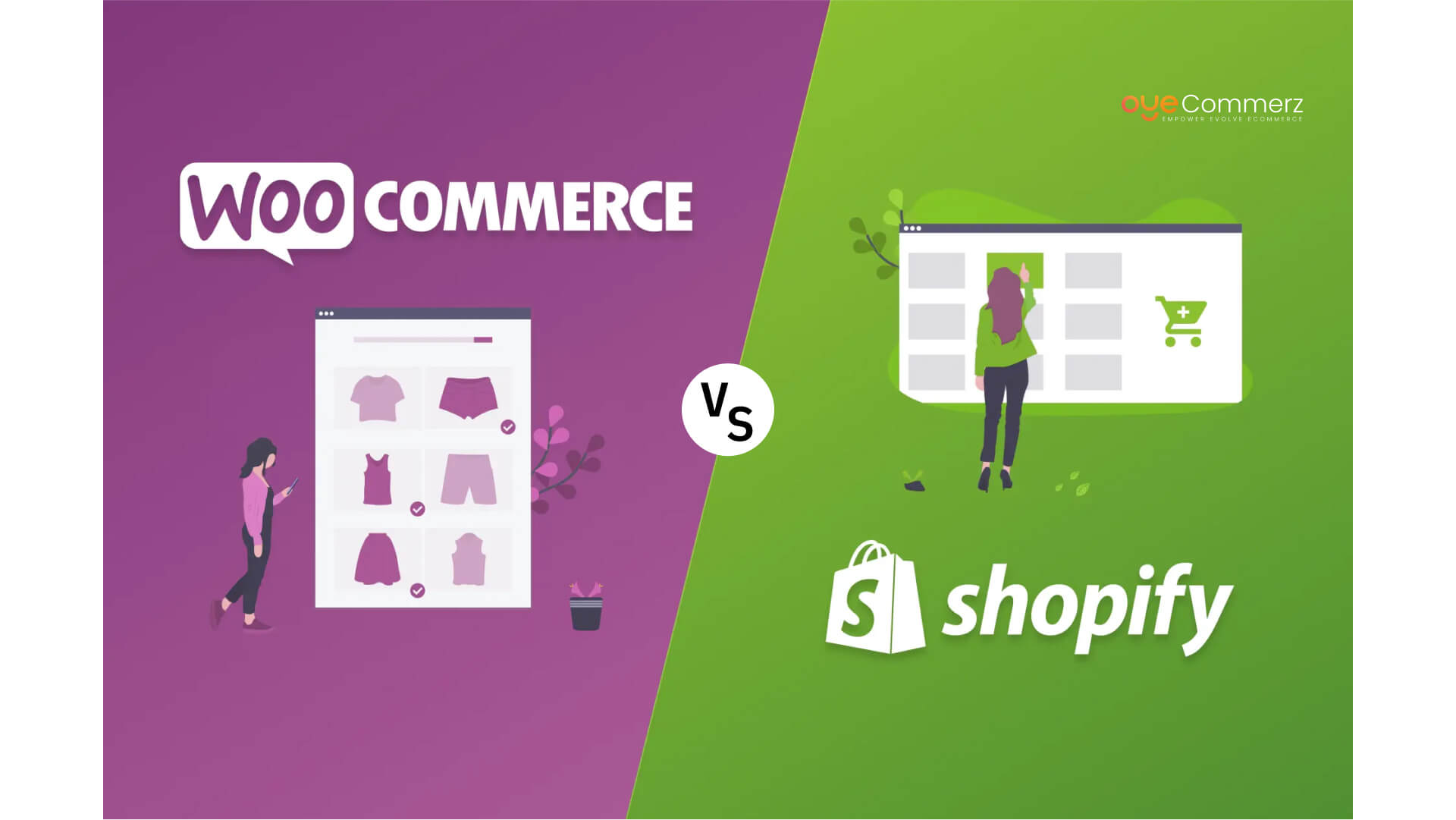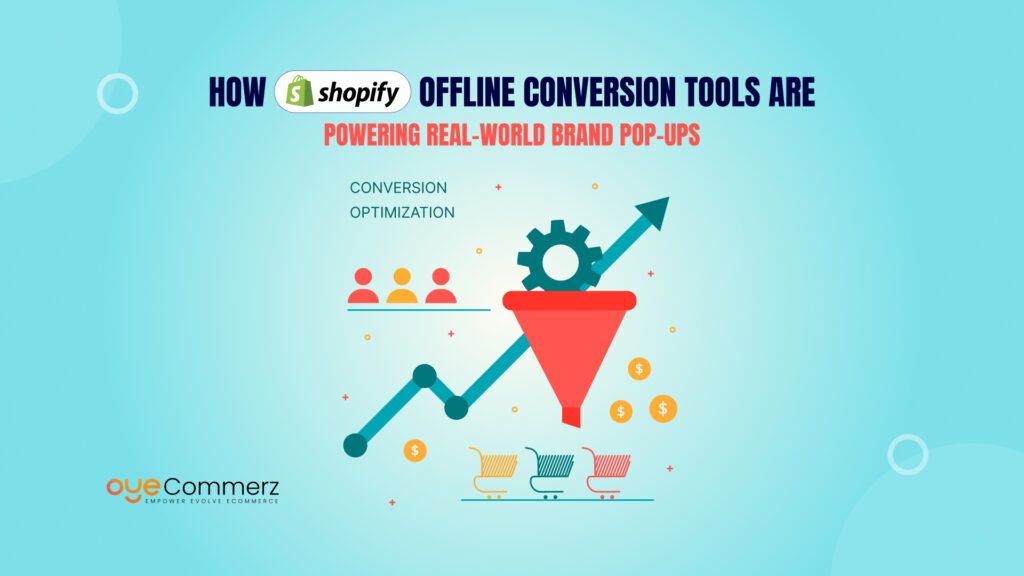The e-commerce industry has been dynamically changing and entering the year 2024 requires a proper choice of the proper platform for your online store. The two e-commerce solution providers that people encounter frequently in their search for online sales platforms are WooCommerce and Shopify. It’s evident that both platforms are packed with a range of impressive features, though it’s also important to note that they are designed to meet the needs of distinct types of businesses. In this side-by-side review, we’ll uncover WooCommerce vs Shopify capabilities and shortcomings to assist you in deciding on which solution is best for your store in 2024.
Shopify’s remarkable growth
More than 3.9 million active websites are using Shopify. Among the top 1 million websites on the internet, including all types of sites, 20,000 run on Shopify, representing just over 2% of this segment. Nearly 6 million websites have used Shopify at some point, whether currently active or not. WooCommerce holds a 20.1% market share among eCommerce platforms and an 18.2% share among the top 1 million eCommerce sites. Over 3.5 million websites use WooCommerce checkout, and more than 6.5 million websites incorporate some elements of WooCommerce.
A Look at WooCommerce and Shopify:

WooCommerce:
It is worth emphasizing that WooCommerce is in fact just a WordPress plugin that adds ecommerce capabilities to every regular WordPress site. WooCommerce was developed by Mike Jolley in 2011 and owing to its capability of integration with WordPress, divisibility, and customization, it became a favorite application for small and medium business persons.
Key Features:
- Open-source: WooCommerce plugins are available for free and basically anyone can implement WooCommerce or modify it as per his requirements and have full control of it.
- Flexibility: As a result of WooCommerce there exist various numbers of plugins and themes available and these are compatible which helps them meet different business requirements.
- WordPress Integration: Basically, WooCommerce has a lot in common with WordPress, it uses WordPress, and it is considered the best content management.
- Large Community: There is a large number of active developers and users, who could produce and have a habit of working together on projects, libraries, and tool extensions.You should back up the details related to the product, and customers’ details such as their information, and order history. This makes sense for the simple reason that you will have a copy of your store and in case something goes wrong during the migration your data will still remain intact.
Shopify:
Shopify was founded in 2006 and is an e-commerce software designed for those who plan to sell goods online. Shopify is highly recognized for the simplicity, convenience, and standard set in the central package that is inclusive of the hosting solution and technical support.
Key Features:
- Ease of Use: Despite my mild criticism that follows, if there is one defining feature of Shopify it’s the very popular DragDrop feature that makes it possible to build an Internet business for everyone.
- Hosted Solution: Some of the features include; Shopify handling the hosting, security, and other related maintenance things so that you do not get stuck in such issues as you focus on your business.
- 24/7 Support: This means that our system is to have 24/7 customer support so that all the people that may have some problems should be offered help.
Table of Contents
ToggleComparing WooCommerce and Shopify
Ease of Use:
- In terms of functionality, it can be pointed out that due to its simplicity, Shopify failed no expectations and was very easy to use. The templates provided can easily be managed even without technical skills hence making it easy for a beginner to establish an appealing store.
- WooCommerce, on the other hand, is slightly less user-friendly, and a little amateur experience in web development is needed. To use it, however, you must first create a WordPress site first, which might be challenging if you’re a complete newbie at this. However, those who are not acquainted with WordPress would find it easier to navigate through WooCommerce and design and develop their store since
Cost:
- The price difference between WooCommerce and Shopify is one of the most significant concerns when it comes to managing an online shop. While WooCommerce is an open-source solution, meaning you can download and install it free of charge, you’ll have to spend money on web hosting services, domain names, SSL certificates, and any other premium themes or plugins you might want to use in your online enterprise.
- Shopify, as a hosted solution, offers more predictable pricing schemes with four predetermined plans, from $29 to $299 per month. These are hosting, security, and support which entails easier monthly planning and budgeting for the business.
Customization and Flexibility:
- WooCommerce has become dominant in customization, and flexibility as compared to other platforms because of the open-source structure. The software provides the user free reign when it comes to the appearance and capabilities of their site and data.
- Although, as we have seen above, Shopify provides more customization using the app store and the theme store, it is less flexible than WooCommerce.
Performance and Scalability:
- If an e-commerce business is to expand to cope with the ever increasing demand, then performance and scalability are two crucial aspects that need to be given priority. If you are getting a slow performance for WooCommerce, then it might be due to the hosting provider you are using. It is possible to find quite an efficient hosting solution and control panel performance and yet you will have to apply updates and changes, as well as organize security measures and backups by yourself.
- Another advantage that is associated with Shopify is the fact that it is a hosted solution, which basically guarantees the store owner that the store will run smoothly and with no downtimes or other issues resulting from poor server performance. It grows with your business needs, deals with increased traffic or huge sales and transactions and it will not require further installation. Due to this, Shopify becomes the ideal choice when a business is expected to grow for a given period.
SEO Capabilities:
- In raw terms, both WooCommerce and Shopify offer great SEO features, but WooCommerce will be even stronger here thanks to its integration with WordPress – a platform widely recognized for its SEO capabilities. Plugins available for WooCommerce play a significant role in the reinforcement of SEO factors and many aspects can be personalized.
- Shopify also has decent SEO features, which include convenient settings such as individual title tags and descriptions, as well as mobile responsiveness. Nevertheless, there are many features that are available as a part of advanced SEO tools and for that, one might have to install extra apps or write some actual code.
Payment Gateways:
- WooCommerce also has the ability to accept payments with a lot of payment gateways, the main ones are PayPal, Stripe, and Square. Some extension options are available to add local payment methods and niche gateways, which also gives you the level of freedom in accepting payments.
- Shopify supports more than 100 payment providers as well as its own – Shopify Payments which does not charge extra fees for sales and unifies checkouts throughout the storefronts. However, when selecting payment gateways on Shopify, it’s possible to use third-party companies which will attract extra charges.
Popularity between WooCommerce and Shopify
WooCommerce and Shopify have significant fan bases, although it is distinct that the audiences of these platforms are different.
WooCommerce:
WooCommerce depends on over 28% of e-commerce shops now, which may be called a record not just among all-world platforms. Traditionally, it has been specifically designed and developed for integration with WordPress, which is the most popular CMS worldwide. Thus, WooCommerce is useful and practical for any type of businessman who set up small web-based business networks or large ones that have high turnovers.
Shopify:
Shopify powers over 1.7 million businesses in more than 175 countries. It is particularly popular among small to medium-sized businesses and entrepreneurs looking for an easy-to-use, all-in-one solution. Shopify’s user-friendly interface and comprehensive feature set make it a top choice for those new to e-commerce.
Selecting the proper e-commerce platform for your company
WooCommerce and Shopify are both great starting points for an e-commerce venture, but the choices available and their varying capabilities might vary significantly depending on your needs and expertise. Here are some scenarios to help you decide: These are some of the issues that could help you come up with the following scenarios:
Choose WooCommerce if:
- You need maximum flexibility and control: Compared to other platforms the majority of which are initially more standardized and where a user can change options only to a certain extent in most instances, WooCommerce is for you as a platform if you would like to have the ability to tweak your online store to the most detail and if you have needs that may transcend the bounds of conventional e-commerce solutions.
- You’re already using WordPress: Sept-ins, for those indeed familiar with Wo WP, integrating WooCommerce into an already existing site is also something that would not pose a considerable challenge.
- You have technical skills or access to a developer: Nevertheless, due to granted flexibility, there might be some peculiarities concerning the usage of WooCommerce; therefore, it would beneficial to have some technical knowledge.
Choose Shopify if:
- You want an easy-to-use, all-in-one solution: When installed as applications, they are offered a hosted platform that ensures that you do not have to worry about the administration and hosting of the applications besides catering to the security and updates tasks to enable you to focus on the growth of your business.
- You need reliable customer support: Another advantage is that it is an around-the-clock store to ensure that support is always available.
- You’re looking for scalability: Some of the reasons why businesses prefer using Shopify include; High scalability; This means that businesses adopting Shopify know that the platform is highly scalable and adaptable to growth thus making it easy for such an undertaking to benefit from.
Discover the ultimate platform for your business with OyeCommerz!
Our WooCommerce to Shopify Migration Services provides a transformative journey, ensuring a seamless transition and superior Shopify maintenance. Let our dedicated team handle the migration so you can focus on what you do best – growing your business. Contact us today and experience how our services can elevate your e-commerce success. Your next big leap starts here!
"Ultimately, the choice between WooCommerce and Shopify in 2024 depends on your technical expertise, customization needs, and preference for either a self-hosted or a hosted solution."
Conclusion
As highlighted in the content above, WooCommerce as well as Shopify are both prominent active e-commerce platforms with strengths accumulated in 2024. WooCommerce provides stunning flexibility and compatibility with WordPress, which makes it perfect for companies that need specific modifications and have the skills to implement them. Shopify is one of the easiest to use and most comprehensive solutions for the creation and management of an online shop




